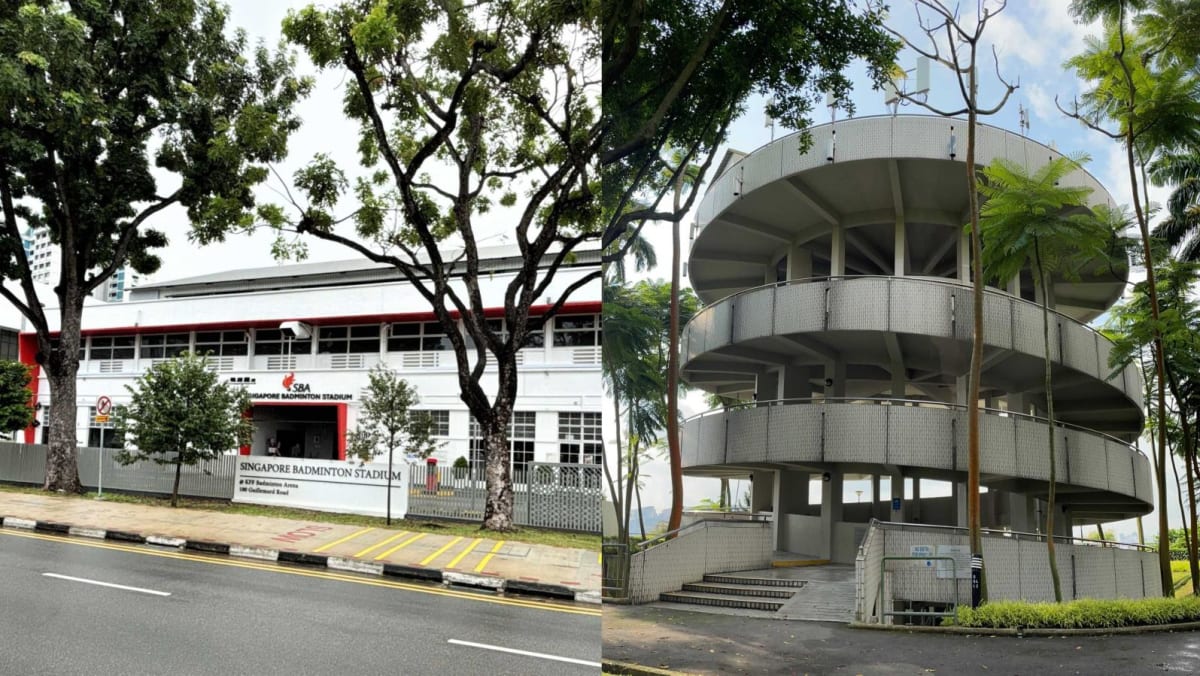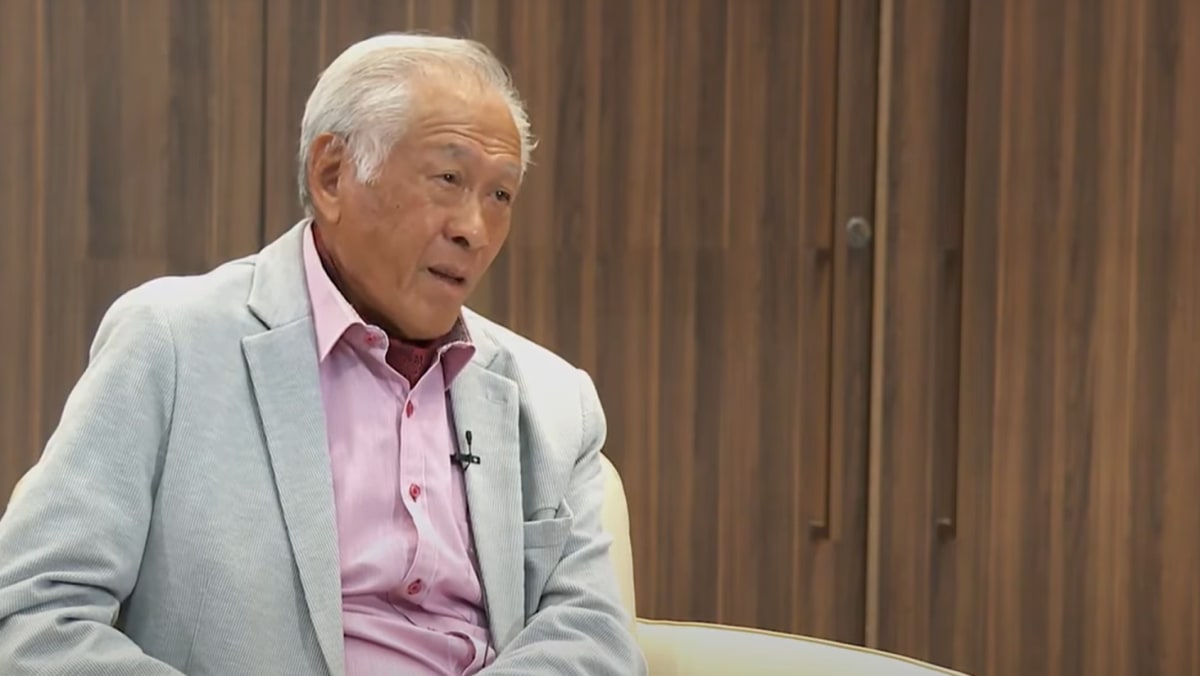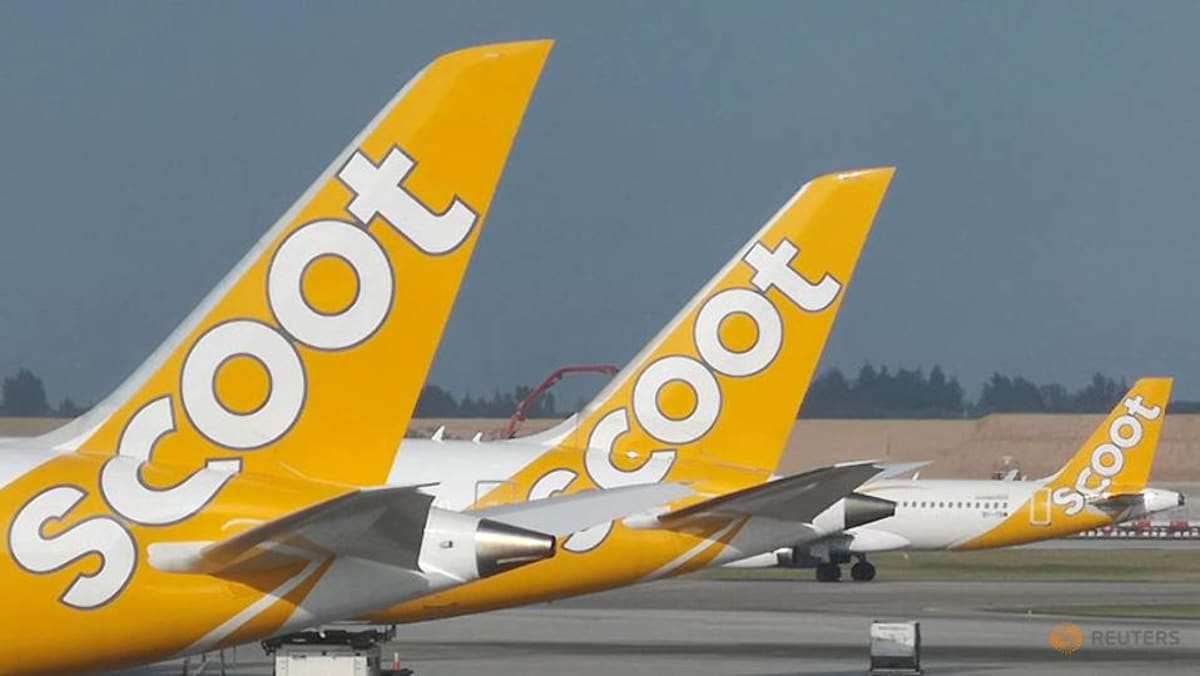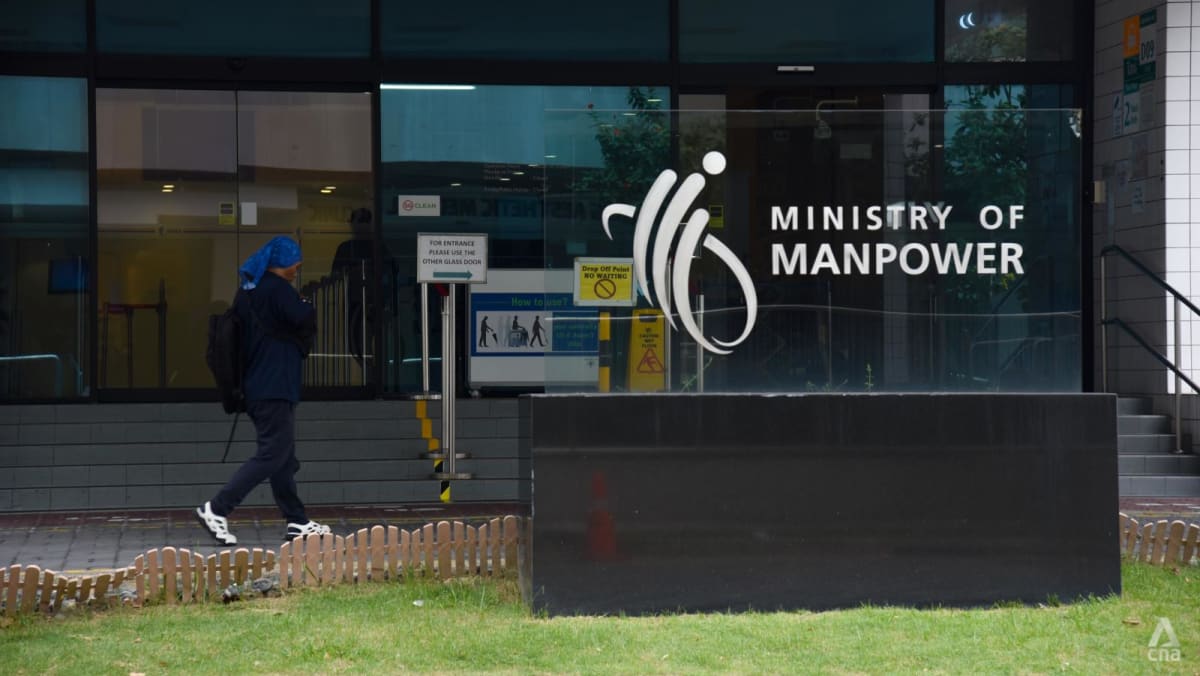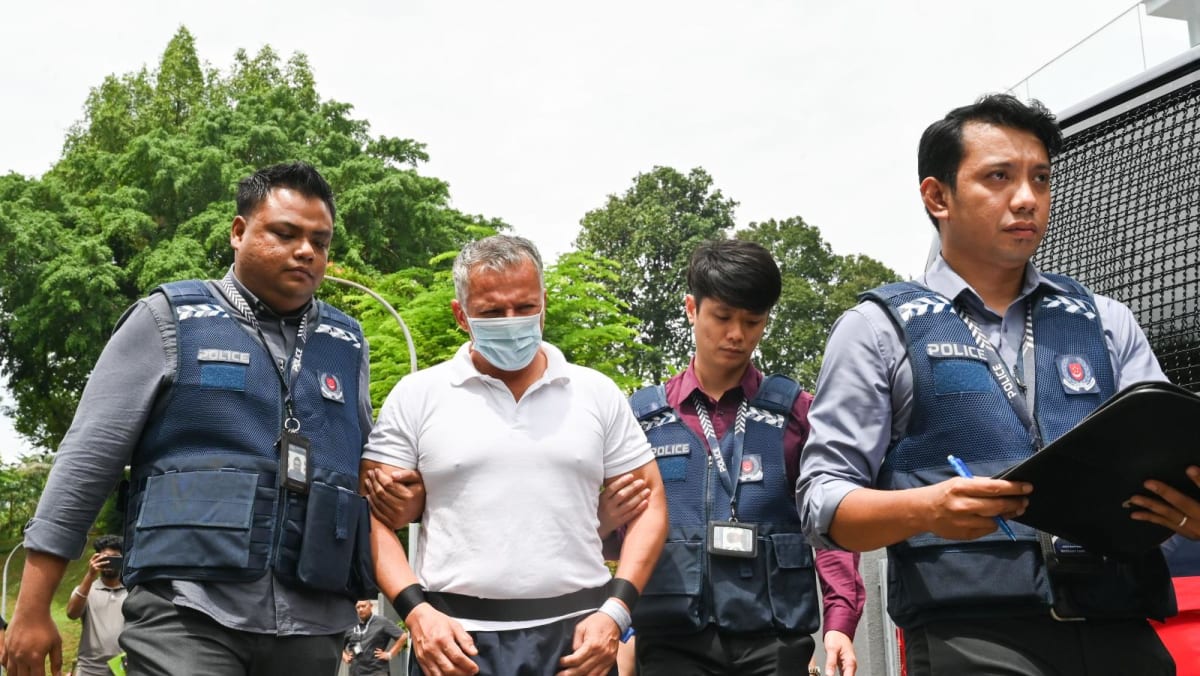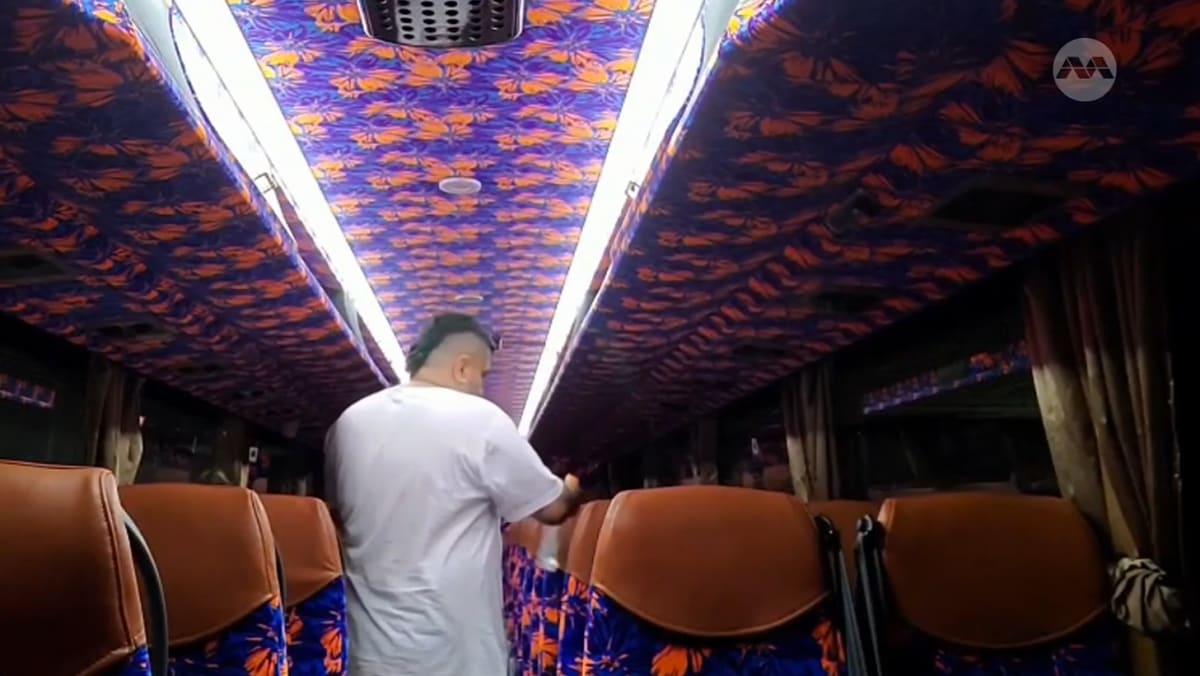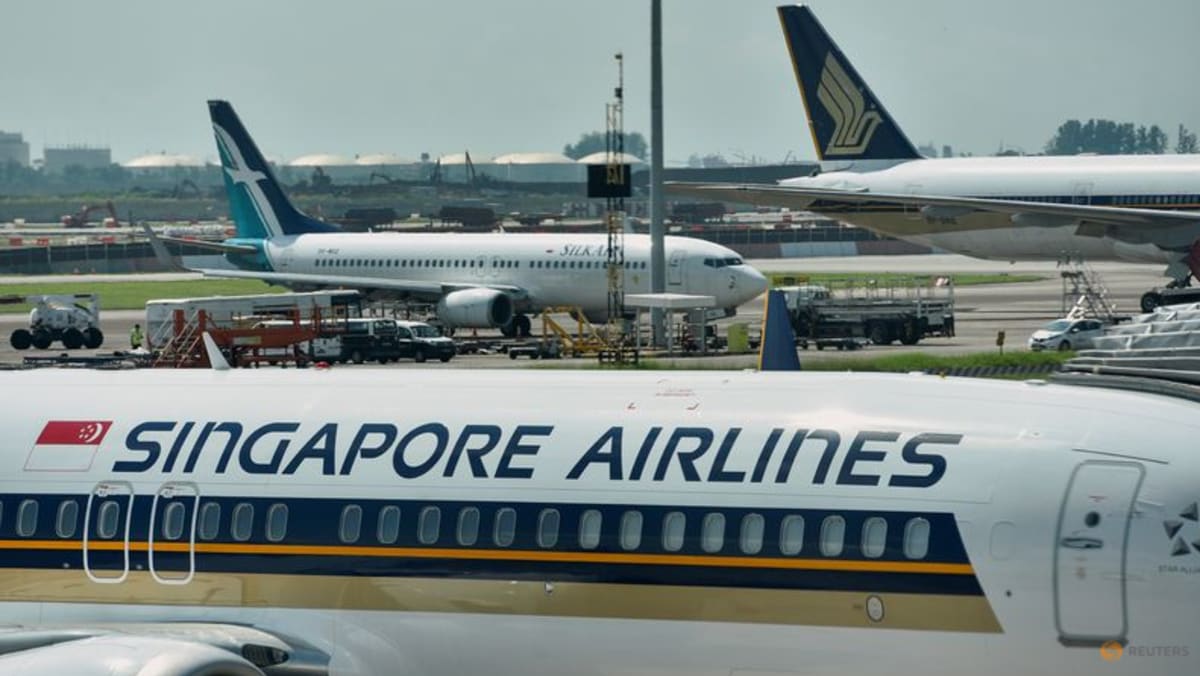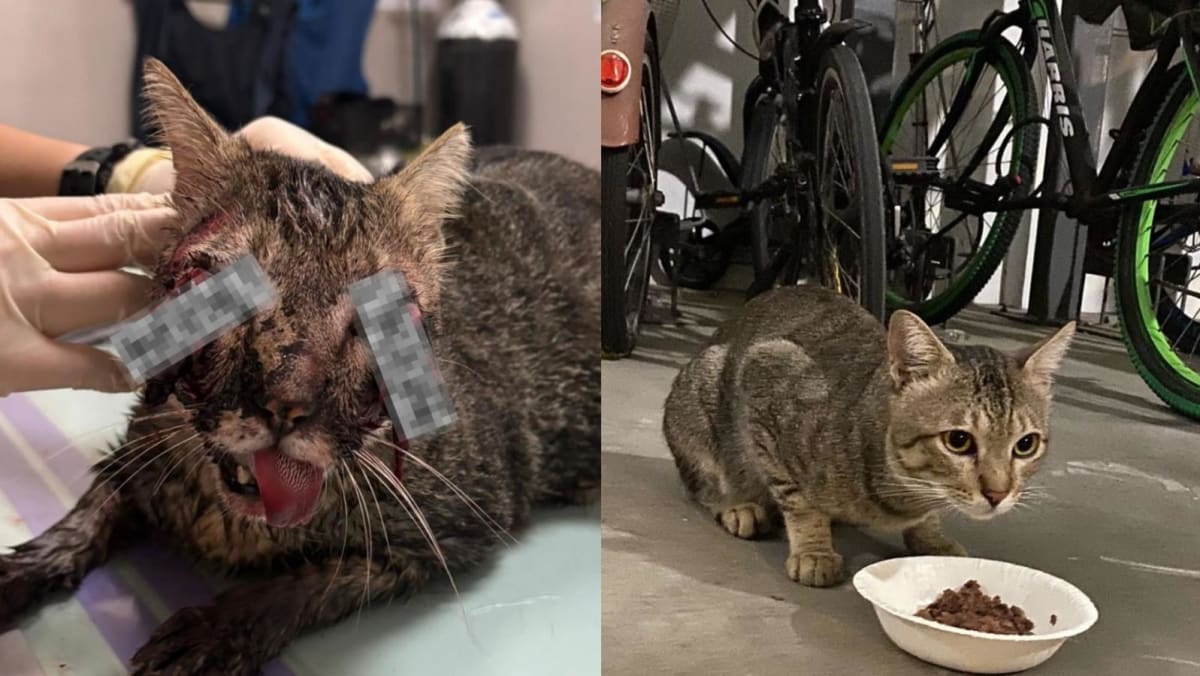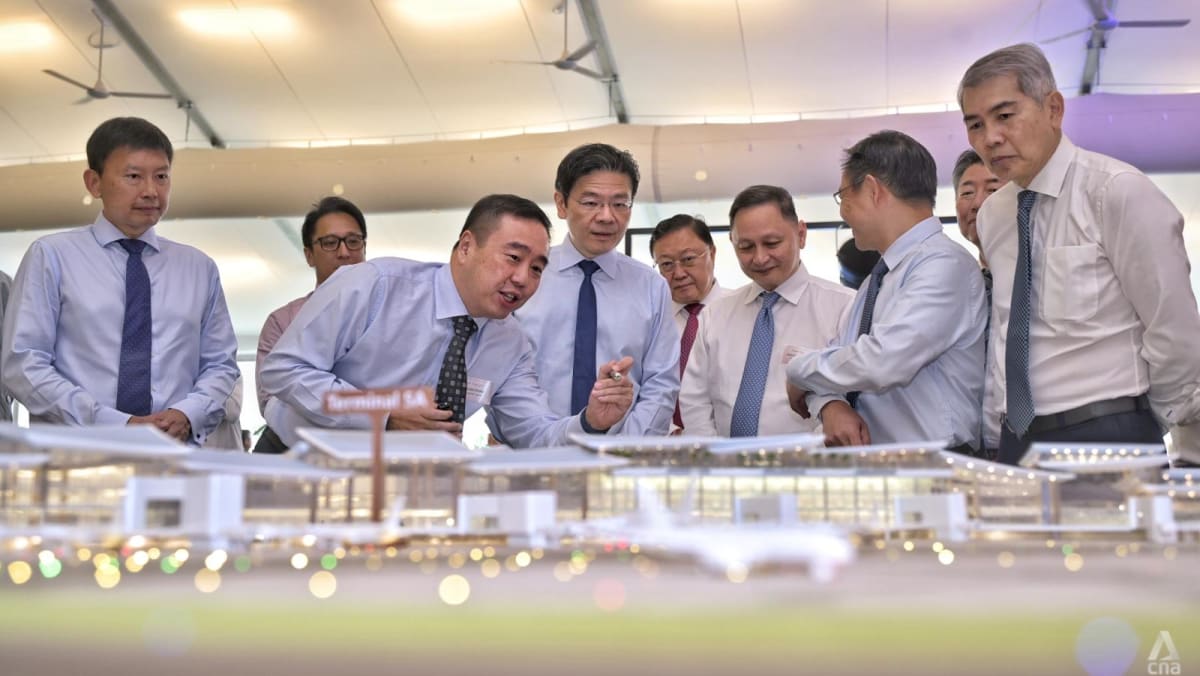Q: The geopolitical environment is changing by the day. What do you think the next generation of leaders and Singaporeans need to understand about defence diplomacy?
For Singapore, what is the danger? We are the canary in the mine of global trade. External trade is three times our GDP (gross domestic product) or more.
We should be likened to a shop at an MRT station. Once the train stops or reduces in frequency, you’re in trouble. As long as the trains keep going back and forth, I think we can make a living, and a good one. Once people decide that they’re going to divert, use other tracks or bypass the station, or are not allowed to stop at your station, or rerouted elsewhere, it’s beyond your limited agency, and you have to make do.
How do we navigate a world like this? Try to avoid it as much as possible.
I think the recent US-China breakthrough from 145 per cent tariffs to 30 per cent, we’ll take it for now. Hopefully there’ll be more but at least it gives us a reprieve. We’ll still continue to speak to other countries that it makes much more sense for us to stabilise the global system.
There are inadequacies. Non-trade tariffs will need to be addressed. Unequal practices will need to be addressed, restricting your markets through non-tariff means will have to be addressed, so on and so forth.
But generally, I think people know where Singapore stands. We declare it’s our vested interest to make sure the global trade continues. But the trick is, can we get people to listen seriously and then take it up within their agency to create a momentum? If we can do that, then I think we’ve done something. If we can’t, then we have to live with the consequences. It will be a game of catching, and a very difficult game.
Q. Looking back at your 14 years in the defence portfolio, what was the most pivotal decision that helped to transform the SAF (Singapore Armed Forces) and MINDEF?
It really is a combination of decades of work from the past years. Since our independence, the SAF started building strong fundamentals, bringing good people, elevating leadership. I would say that if there was any contribution, it was trusting the SAF leaders and MINDEF leaders that they know what they’re doing, that the real time (operations) they can take care of.
For example … maybe more than 10 years ago, I presented (the concept of hybrid warfare) … to parliament – it was seen as something new. I told them about the Gerasimov doctrine, which was named after a famous Russian general. So in that exchange of ideas, you’re more likely to get it at the political level. Your military leaders are also exposed to them, but they have their real operations. But it’s coming back and saying: ‘I think there’s something to this, and if this is true, we’re planning ahead, then we really ought to structure ourselves to be able to meet these threats’. That evolved into better counter-terrorism structures, response time, equipment, re-engineering of special forces that evolved to Digital Intelligence Service, commands, task forces.
Similar for Total Defence. I said one day that our Total Defence is becoming too military-centric. Total Defence means total defence, so we better get people on the act. So we decided a couple of years back to involve other agencies, and to simulate water shortages for (a) few hours, cyberattacks, phishing, electrical blackouts, food shortages.
Q. You’ve seen Singapore through multiple crises in your time as defence minister. Can you share a moment that was perhaps particularly challenging?
When I took over in 2011, following that, there was a spate of accidents. (With) a loss of life … there’ll be a lot of grief. It affects you very personally but you don’t have the luxury of wallowing in that – you have to move the system to (restore) confidence.
So there, I benefited from being Minister of Manpower (between 2004 and 2008), where there was a series of accidents too – the Nicoll Highway collapse, Fusionopolis (incident). At MOM, we undertook a root-and-branch review, systemic review. We travelled to other countries with higher safety standards, particularly European countries, looked into their systems. We realised that you don’t get safety by saying: ‘Everybody, let’s be careful.’ It doesn’t work that way. Everybody goes to work and they’re doing tasks. It has to be – you have to design out risks.
They said that even when they build buildings, they were worried about how maintenance was going to be conducted. So they built straight buildings rather than curvy-wurvy ones, because that required different maintenance, so on and so forth. You design out risk. You have a safety culture of accountability.
So I realised, from experience in MOM, you needed to institute that in the SAF. Not that SAF had low standards of safety then – it was still among the best in all militaries in the world, and even compared to commercial standards, we’re among the very safe systems.
But any life lost is somebody’s son, brother, right? And we said, we have to aim for zero. That’s a tall order. So, we made safety as important to the CO (commanding officer) as performance. You’re accountable. If something happens, and there’s a safety lapse, it’s a mark against you. You have to pay attention.
But we also instituted safety processes that people go through the exercises and recognise where the danger points are, and then out design it. Now, AI also lends itself to that. We’re trying to see how we can apply it.
So, if there was a useful learning point, it was from experience in MOM and then translating it. Thankfully, the safety record has been quite good in the last decade, but we know that this is a constant challenge. You have to have constant vigilance for this, and I hope that we can be able to continue so.
Q. After 24 years in political office, what is one key takeaway about balancing political office with personal integrity, and what advice would you give the next generation of leaders?
Don’t enter politics to be thanked. It’s setting a very high bar, and you may be disappointed. But in Singapore, I would say that politics is still an avenue where you can do good without compromising your ideals. I would say that may not be so in other systems. If you believe in the direction that Singapore should go, and you think that it benefits Singapore, politics is one arena where you can still do good.
